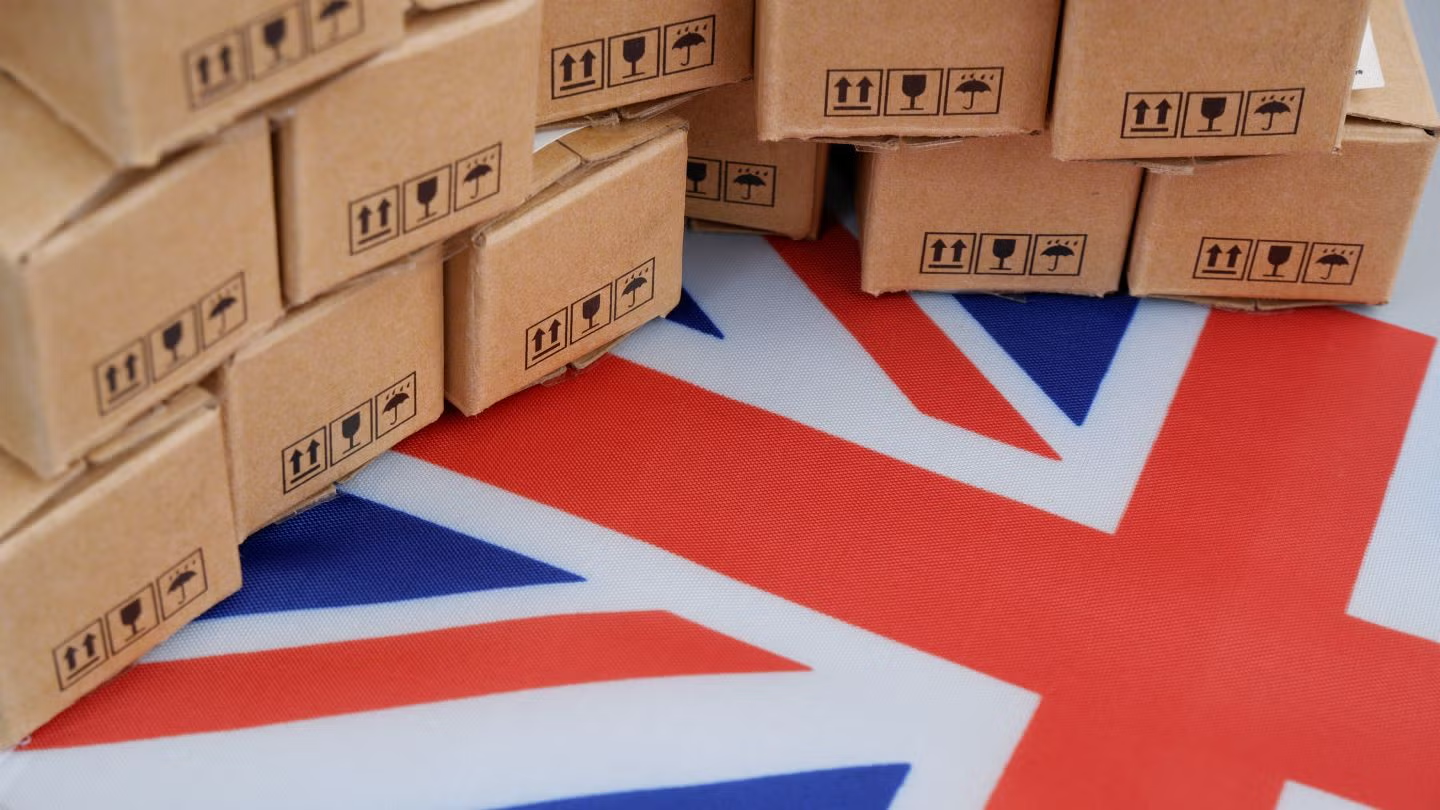In a major win for the UK’s food and drink sector, government trade attachés have announced a £100 million export boost designed to help British producers expand their global footprint. The initiative is part of the UK’s post-Brexit strategy to strengthen international trade relationships, champion homegrown businesses, and promote high-quality British goods to new markets worldwide.
The announcement follows months of discussions between UK trade representatives, industry leaders, and international partners. The goal is to make British food and drink not only a staple of domestic pride but also a premium export brand recognized for quality, sustainability, and innovation.
A Strategic Step for Global Growth
According to officials, this new export boost will focus on expanding trade opportunities in key markets, including the Middle East, North America, and Asia. These regions have shown a growing appetite for British food and drink — from artisanal cheeses and craft spirits to luxury confectionery and organic produce.
The initiative will be managed through the Department for Business and Trade, working in partnership with the Food and Drink Federation (FDF) and the Agriculture and Horticulture Development Board (AHDB). Together, these agencies aim to create a structured export framework, making it easier for small and medium-sized producers to access overseas buyers, understand regulatory requirements, and compete globally.
A senior government spokesperson emphasized that the funding will help support training, marketing, and infrastructure improvements:
“Our trade attachés are working tirelessly to open new doors for UK producers. This £100 million export boost is not just about numbers — it’s about empowering businesses, creating jobs, and ensuring the world experiences the exceptional quality of British food and drink.”
Empowering Local Producers
For many small and mid-sized producers, exporting goods can be a daunting process filled with logistical challenges, tariffs, and compliance hurdles. The new initiative seeks to remove these barriers by providing hands-on support, including expert-led workshops, digital trade platforms, and access to international exhibitions.
British farmers and producers have welcomed the announcement, describing it as a “lifeline” for an industry facing rising costs and global competition. Many see this as an opportunity to diversify their markets and become less dependent on domestic demand, especially after the financial challenges brought on by the pandemic and supply chain disruptions.
The plan also includes a focus on sustainably sourced and environmentally friendly products, reflecting global consumer trends that favor ethical brands. By aligning with eco-conscious goals, the UK hopes to differentiate its exports as both premium and responsible.
The Role of UK Trade Attachés
Trade attachés — government representatives stationed in embassies and trade offices abroad — play a critical role in connecting British businesses with foreign buyers. They act as facilitators, negotiators, and promoters of UK products in international markets.
Under this initiative, the network of attachés will be expanded and restructured to prioritize the food and drink sector, particularly in regions showing the highest export growth potential. This includes countries in Southeast Asia, where British dairy, tea, and whisky exports have already seen a surge, and in the Middle East, where premium and halal-certified products are in increasing demand.
An attaché based in Singapore said:
“The global perception of British products is one of quality, heritage, and trust. This new funding allows us to build on that reputation, giving smaller producers the opportunity to compete alongside the major global brands.”
Food and Drink: A Powerhouse Industry
The UK food and drink industry is the country’s largest manufacturing sector, contributing over £100 billion annually to the economy and supporting more than 450,000 jobs. From world-famous Scotch whisky and Cornish pasties to Yorkshire tea and Welsh lamb, British products have long held a place of distinction around the world.
However, the industry has also faced headwinds — including labor shortages, increased raw material costs, and shifting export regulations after Brexit. By providing targeted investment, the government hopes to restore momentum and ensure long-term growth.
The funding will also help build trade resilience, ensuring UK businesses can adapt to global economic fluctuations and remain competitive even during uncertain times.
Focus on Innovation and Technology
A key component of the £100 million export boost involves supporting innovation in food technology, packaging, and digital trade tools. Producers will have access to new resources for improving shelf life, tracking sustainability metrics, and enhancing logistics efficiency.
Digital transformation is a major theme in this initiative. The government plans to introduce an online export hub where businesses can connect directly with international buyers, access regulatory advice, and showcase their products through virtual trade fairs.
By embracing technology, the UK aims to make its food and drink exports more agile and responsive to evolving global markets.
Spotlight on Regional Specialties
Another highlight of the initiative is its emphasis on promoting regional and artisanal British foods. Local specialties — such as Somerset cider, Scottish salmon, and Northern Irish cheese — will receive targeted marketing campaigns in selected foreign markets.
The plan is to create “British Food Showcases” in global cities like Dubai, Tokyo, and New York, giving buyers and consumers a direct taste of what makes the UK’s food heritage unique. These events will also help small producers network with distributors and gain visibility on an international scale.
Industry Reaction
Industry leaders have praised the announcement as a strong show of support for UK producers. The Food and Drink Federation released a statement highlighting the initiative’s potential to create thousands of new export opportunities.
An FDF representative noted:
“This funding comes at a crucial time. The world is hungry for British products, and this initiative ensures that even our smallest producers can reach those markets. It’s a smart, strategic investment in the UK’s food future.”
Meanwhile, many local producers have expressed optimism about the government’s renewed focus on the sector. Artisanal brands, in particular, say they finally have a chance to stand shoulder to shoulder with established global names.
Looking Ahead
As trade attachés begin rolling out the plan, industry observers expect the benefits to unfold gradually over the next two years. Initial phases will involve setting up training programs, identifying key export-ready companies, and developing new trade partnerships.
If successful, this initiative could serve as a model for other sectors — demonstrating how focused government support and international networking can drive economic growth in a competitive global market.
With the holiday season approaching, many British producers are already eyeing increased exports of seasonal goods like chocolates, craft gins, and festive snacks. The government’s backing comes at an ideal time, helping them reach new audiences just as global demand peaks.
Conclusion
The £100 million export boost marks a defining moment for the UK’s food and drink industry — a sector steeped in tradition yet ready to embrace the future. By combining government support, global outreach, and a focus on sustainability, the initiative aims to turn British produce into a world-class export brand.
From family-run farms to innovative start-ups, producers now have a clearer path to international markets. As the UK redefines its trade identity in the modern world, one thing is certain: the taste of Britain is about to travel even further.



